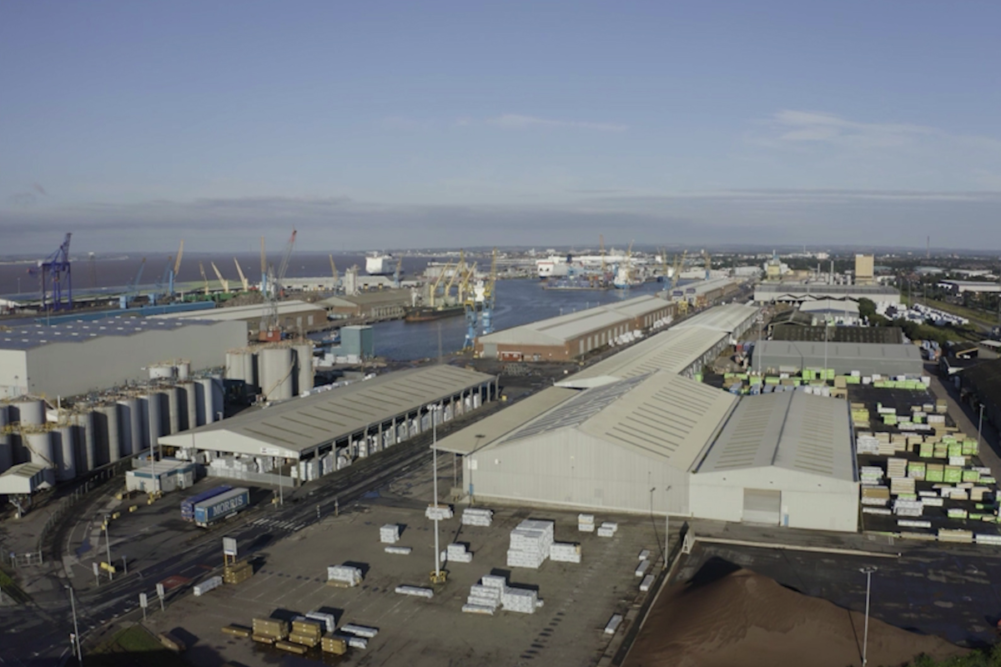LONDON, ENGLAND — Associated British Ports (ABP) has unveiled plans to invest £8 million ($11 million) to build new port facilities for Frontier Agriculture in the Port of Hull. The Humber Ports play a major role in supporting the agricultural sector across the North and the Midlands.
Under terms of the 12-year deal, ABP has commissioned a new 6,455-square-meter, 40,386-tonne capacity warehouse for Frontier. The new warehouse features eight bays that will be used to store agricultural products, primarily grains, used in the manufacture of food.
Frontier has used ABP’s stevedore service to assist in the export and import of wheat, barley, beans, rice and maize via the Port of Hull’s dry bulks Terminal. This new investment will help to grow those operations and will be a good boost to the local economy, according to ABP.
“ABP has a longstanding relationship with Frontier Agriculture, who has been utilizing the Humber ports for many years and it is great to be able to support their expansion,” said Simon Bird, director at ABP Humber. “This latest investment by ABP follows a number of others in the Humber in recent months in support of a range of sectors. Such investments are building confidence, and customers from across all sectors of the economy see the Humber Ports as a key link in their supply chain.”
Simon Christensen, grain director at Frontier Agriculture, added, “Our relationship with the Port of Hull enables us to access export markets for UK farmers’ surplus grains when market opportunities arise, and to import specialist grains that cannot easily be grown in the UK, for example, high-quality milling wheats. The port has good transportation links, which speed the movement of local farmers’ grain to export markets. Meanwhile, cargo arriving at the Port can be moved to millers and food manufacturers efficiently.”
The project is expected to be completed by February 2022.
Formed in 2005 as a joint venture between Associated British Foods PLC and Cargill, Frontier Agriculture is the UK’s leading crop production and grain marketing business, generating approximately £1.5 billion per year.





